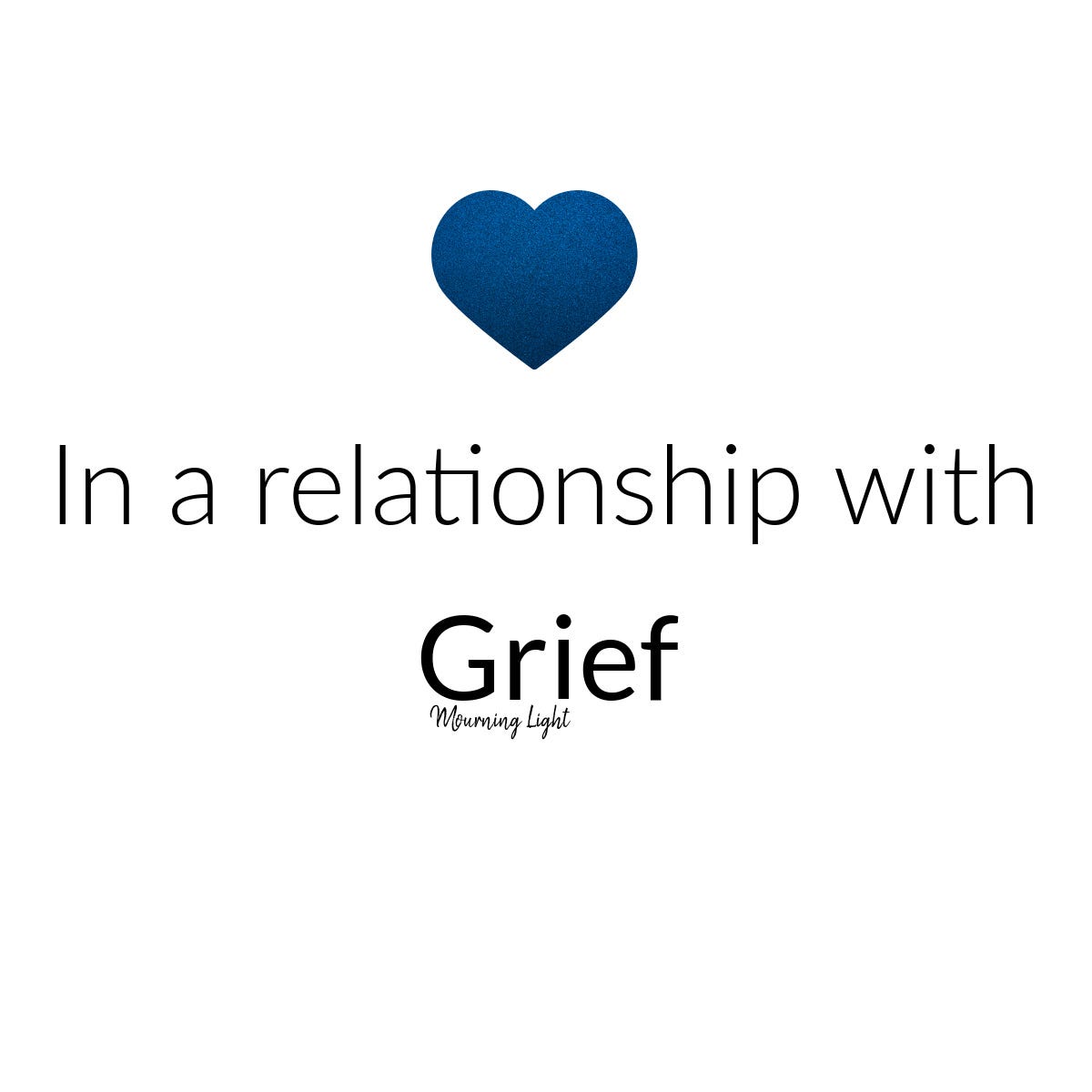Good Grief
Joy & Grief can co-exist
I have many names, including End-of-Life Doula, Palliative Care Guide, Thanatologist, and Grief Educator, and I may be those names, but above all, regarding my dad, I am his daughter.
People ask if I decided to become an End-of-Life Doula because of my dad and his cancer diagnosis, and the answer is no. I walked this road for many years and dove deep into the educational process some time ago, long before my dad’s diagnosis in August. Death and grief have been an intricate part of my life since I was a child; it has evolved over the years, and since my health challenges with Neuropathy, the Grief Educator path became more evident. 
I can speak to individuals and families about their grief, but a battle erupted internally for me. The guilt of joy left my heart heavy. A pang of shame tore through my gut when I laughed or thought of happy moments. Anticipatory grief dominated my mind, which is expected because grief isn't an emotion; it's a process. My brain knew what was happening, but my heart hadn't entirely caught up. Then there was a breath of clarity.
Fuck the timeline.
Much of the guilt was tethered to the statistics the oncologist gave my dad. His words tap danced on my brain for weeks. He asked my dad how much he wanted to know, and my dad replied I live for today. That's it. Now his oncologist told us anyway. They darkened my every thought until I said, "Fuck the statistics."
People say, "Stay positive." "Be optimistic."
And we are, but we are also realistic, and unfortunately, sometimes biology wins. Toxic positivity enables denial.
But knowing that truth, within grief, joy can exist. We feel guilt if we embrace that joy but know it's okay. It's okay to smile and laugh because grief is love. It's okay to allow those emotions to flow through us.
Society tells us that we shouldn't discuss death or dying. To dry those tears and stay quiet. But what happens when we stifle our grief?
Addiction.
Depression.
Generational trauma (epigenetics)
My dad wants nothing more than to see his family happy. To hear our laughter, to see our smiles. He and I have many dark humor moments during medical appointments, which I cherish. I love our time together, even during chemotherapy or radiation. We talk about everything, and it reminds me of my younger years when we would sit on the deck and look at the stars or watch a thunderstorm in the distance.
That is joy.
Ignore the clocks.
Toss out the calendar.
Stop with the countdown.
Just live.
Embrace it all.
Even when it hurts so damn bad you swear your chest may crack in two, allow yourself to feel. Run towards the fear and know you will come out the other side because grief is love.
And love is everything.


